7 Supplements That Actually Keep You From Getting Sick

Supplements don’t cure illnesses. If they did, they would be considered drugs, and subject to all of the same rules and regulations that are applied to medicines. However, certain supplements may have a protective effect against getting sick in the first place by giving your immune system a boost.
These seven products, taken with your healthcare provider’s go-ahead, may be just right for keeping your health in tip-top shape. Read on to learn about which supplements may help keep you from getting sick, or shorten the length of an existing illness.
READ THIS NEXT: Taking Too Much of This Supplement Makes Your Cancer Risk Soar, Study Says.
1
Elderberry
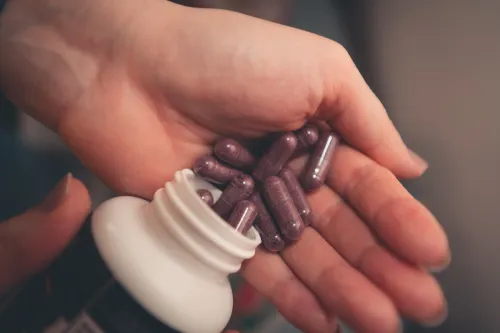
“Elderberry has been long used for seasonal challenges like cold and flu, says Ashley Kitchens, MPH, RDN, plant-based registered dietitian and owner of Plant Centered Nutrition. “It’s been recognized for its nutrient dense, naturally occurring polyphenols, which can help support a healthy immune system.”
Jesse Feder, personal trainer and registered dietitian, agrees. “Elderberry supplements contain a high amount of antioxidants as well as vitamin C,” he tells Best Life. “The high amounts of antioxidants in elderberry can help fight off radical oxide damage from invading bacteria and viruses. Additionally the high amount of vitamin C in elderberries can help support immune function.”
2
Zinc
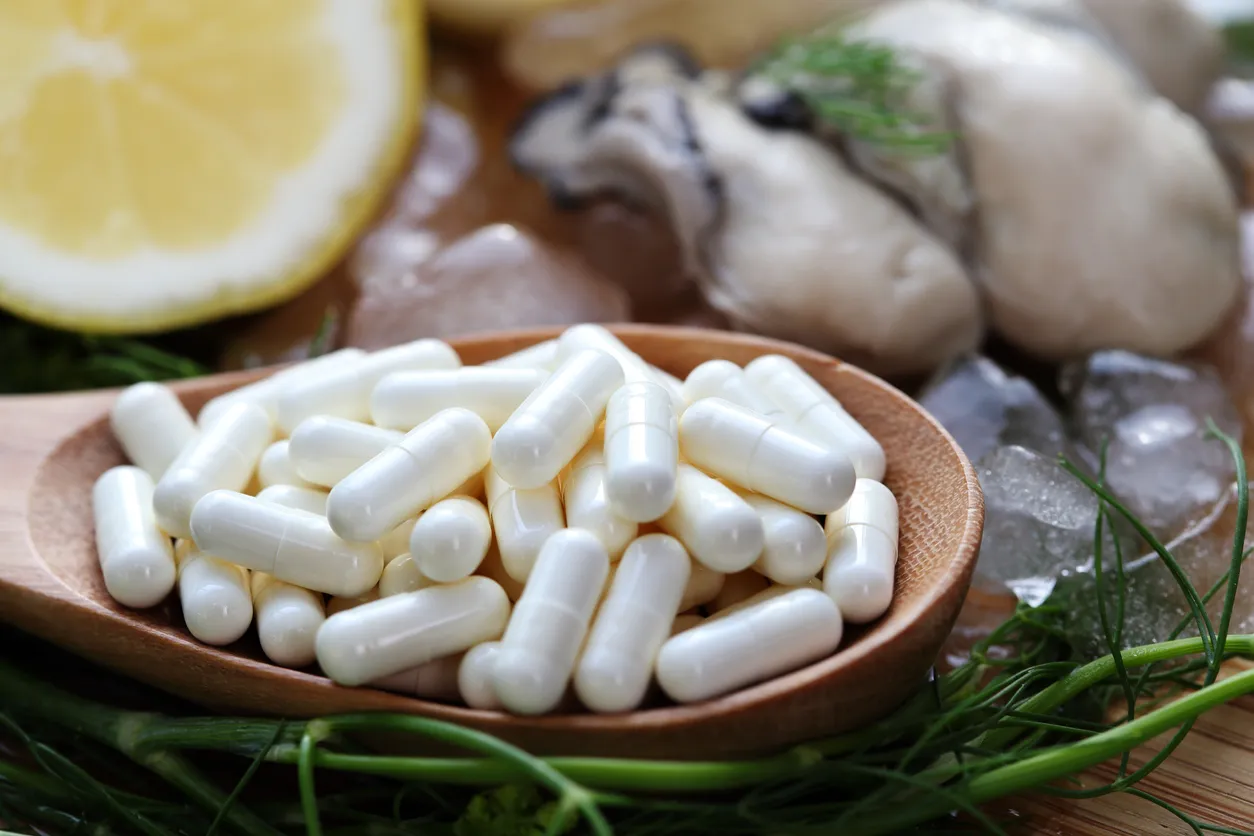
Taken in moderation, zinc may be a useful tool for preventing the common cold. “Most colds are caused by a type of virus called rhinovirus, which thrives and multiplies in the nasal passages and throat (upper respiratory system). Zinc may work by preventing the rhinovirus from multiplying. It may also stop the rhinovirus from lodging in the mucous membranes of the throat and nose,” explains the Mayo Clinic.
However, the effects of zinc appear to be modest, says the health organization. A recent analysis found that zinc lozenges and syrups could reduce the length of a cold by one day if taken within 24 hours of onset symptoms.
The Mayo Clinic cautions that zinc supplements may cause side effects including loss of smell, copper deficiency, anemia, and more. Always talk to your doctor before taking a zinc supplement.
READ THIS NEXT: If You’re Taking This Popular Supplement, It Could Be Causing Nightmares.
3
Vitamin E
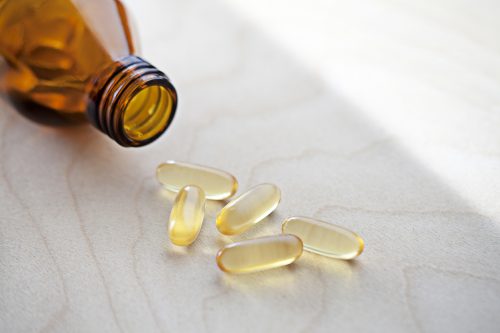
Feeling run down and worried your immune system isn’t up to par? Consider adding vitamin E to your supplement routine, suggests Feder.
“Vitamin E is a powerful antioxidant that is known to help boost your immune system,” he explains. “Vitamin E is important for the creation and support of T-cells which help fight off viruses and bacteria. Additionally, vitamin E has powerful anti-inflammatory properties that can help fight off inflammation that is caused from bacterial/viral infections as well as chronic illnesses.”
4
Vitamin C

Though research on the subject has turned up some conflicting results, Harvard Health Publishing says vitamin C has “modest prevention power” against the common cold. It may also be able to help you expedite your recovery.
The National Institutes of Health (NIH) says that when taken daily, vitamin C has been shown to shorten the average cold duration of a cold by eight percent in adults and 14 percent in children. People who began taking vitamin C when their colds began saw no such improvements.
However, most of us get ample vitamin C from our diets, and this is preferable. Taking too much vitamin C, especially in the form of supplements which are sold in high doses, can have adverse effects, including nausea, vomiting, heartburn, acid reflux, stomach cramps, bloating, headache, and more.
5
Vitamin D
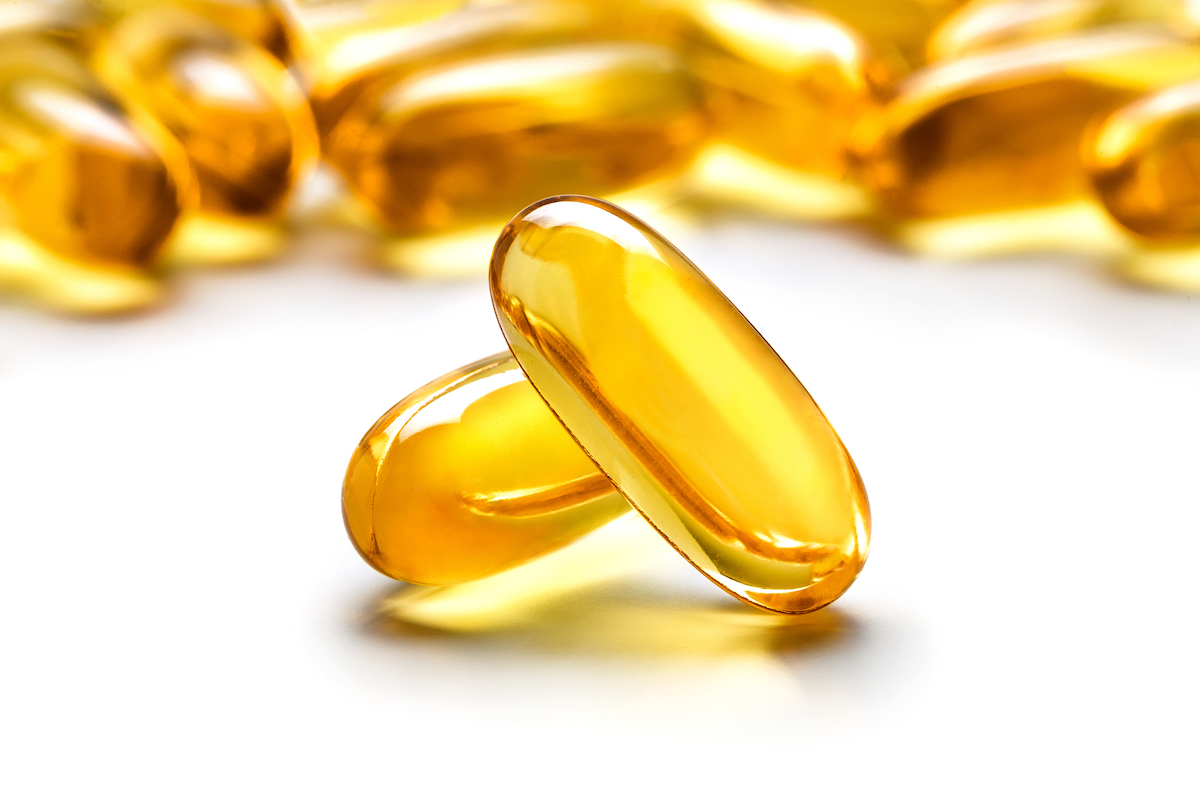
Vitamin D deficiencies are among the most common forms of vitamin deficiency in the U.S. Those who lack vitamin D may be more susceptible to certain illnesses, including respiratory infections. In fact, a recent meta-analysis of 25 randomized controlled trials which included more than 11,000 subjects confirmed the supplement’s protective effect.
“Most people understand that vitamin D is critical for bone and muscle health,” Carlos Camargo, MD, DrPH, of the Department of Emergency Medicine at Massachusetts General Hospital (MGH), the study’s senior author, told The Harvard Gazette. “Our analysis has also found that it helps the body fight acute respiratory infection, which is responsible for millions of deaths globally each year.”
For more health news sent directly to your inbox, sign up for our daily newsletter.
6
Curcumin
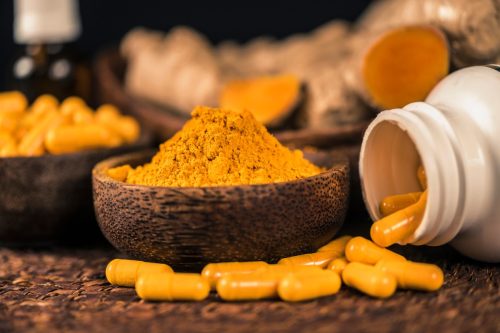
Turmeric is a tasty addition to a variety of dishes, including curries and scrambles—and it’s not just good, it’s good for you, says Kitchens.
“Curcumin, which gives turmeric its yellow color, is a powerful antioxidant that can help support a healthful immune system,” she explains. “It’s also been shown to help provide a positive response to environmental stressors.”
7
Probiotics
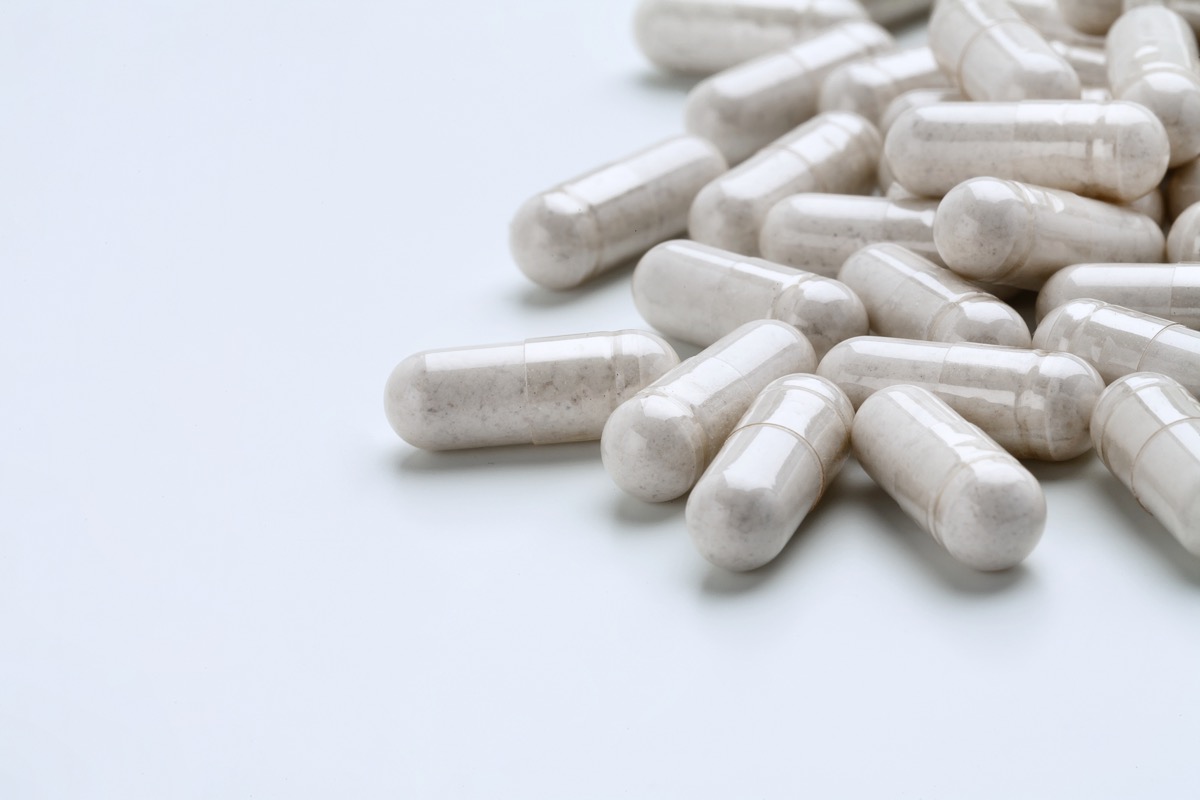
Probiotics are widely known to help combat general gastrointestinal symptoms such as gas, bloating, and constipation. Now researchers are also investigating its broader benefits, including its effect on the immune system.
“The gastrointestinal tract is one of the most microbiologically active ecosystems that plays a crucial role in the working of the mucosal immune system (MIS),” explains a 2019 study published in the medical journal Annals of Nutrition and Metabolism. “In this ecosystem, the consumed probiotics stimulate the immune system and induce a network of signals mediated by the whole bacteria or their cell wall structure.” Probiotic-rich foods such as kimchi, sauerkraut, and yogurt offer many of the same benefits as supplements.
Speak with your doctor to learn more about supplements that may help keep you from getting sick.
Best Life offers the most up-to-date information from top experts, new research, and health agencies, but our content is not meant to be a substitute for professional guidance. When it comes to the medication you’re taking or any other health questions you have, always consult your healthcare provider directly.